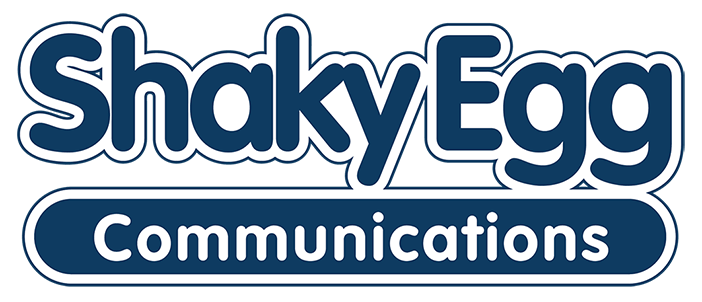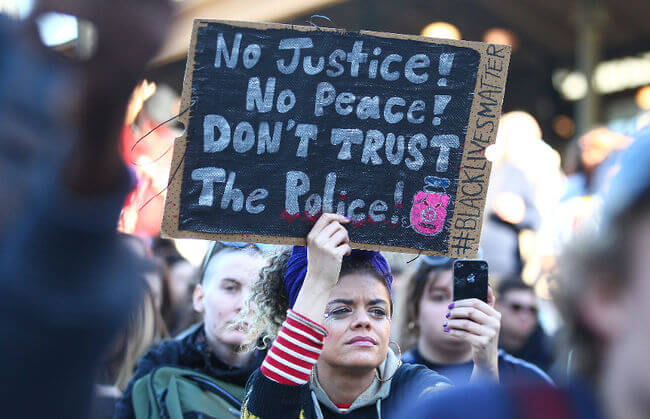theQuestion: Should Black Lives Matter allow for a more diverse set of voices to enter the debate over race in North America?*
Six police officers shot, with three killed in Baton Rouge, Louisiana on Sunday in what is being investigated as a military-styled ambush. At the time of this writing, the Governor of Louisiana says it was an “unspeakable and unjustified act,” which follows the assassination of five police officers in Dallas. According to Dallas Police Chief David Brown, the attacker told authorities “he was upset about the recent police shootings” and “said he wanted to kill white people, especially white officers.”
Racially motivated attacks against police are horrific and claims of reciprocation for racial injustice is depraved.
Groups like Black Lives Matter need to ratchet down the rhetoric and open up the debate over race in North America. Sadly, this is unlikely to happen.
If you are white and motivated to participate in the debate, your contribution is not welcome. As my Duel colleague advises, instead of expecting our opinions to be incorporated into the debate, “we should just listen.” Perfectly understandable advice, since “shut up” is precisely the message emanating from lefist-controlled media, academia, government, and groups such as Black Lives Matter.
If you speak up and challenge any of the false and often poisonous notions behind the targeting of police, you are a “racist,” pure stop. It’s an invidious position and that’s the point. The conversation must be founded on facts, not fallacies, which sadly seem to be all that the left has to offer.
One such fallacy is the ludicrous argument that the U.S. prison system is slavery reborn. Justice begets punishment and if you are sent to prison that punishment — its raison d’être — is a loss of freedom. Offering paid work programs affords the prisoner the opportunity to acquire skills and build accomplishment — providing considerable benefit to the inmate when they regain their freedom and re-enter society.
Acknowledging there are challenges resulting from a difficult history of racism, there is a process society could turn to for healing — restorative justice. In conjunction with the community, victims and offenders actively participate in devising and implementing mutually beneficial solutions. Conflicts are resolved in a way that restores harmony and allows people to continue to live together in a safer, healthy environment.
We could apply this process to society writ large and conduct a restorative dialogue that’s inclusive of everyone, no matter the race, colour or creed.

